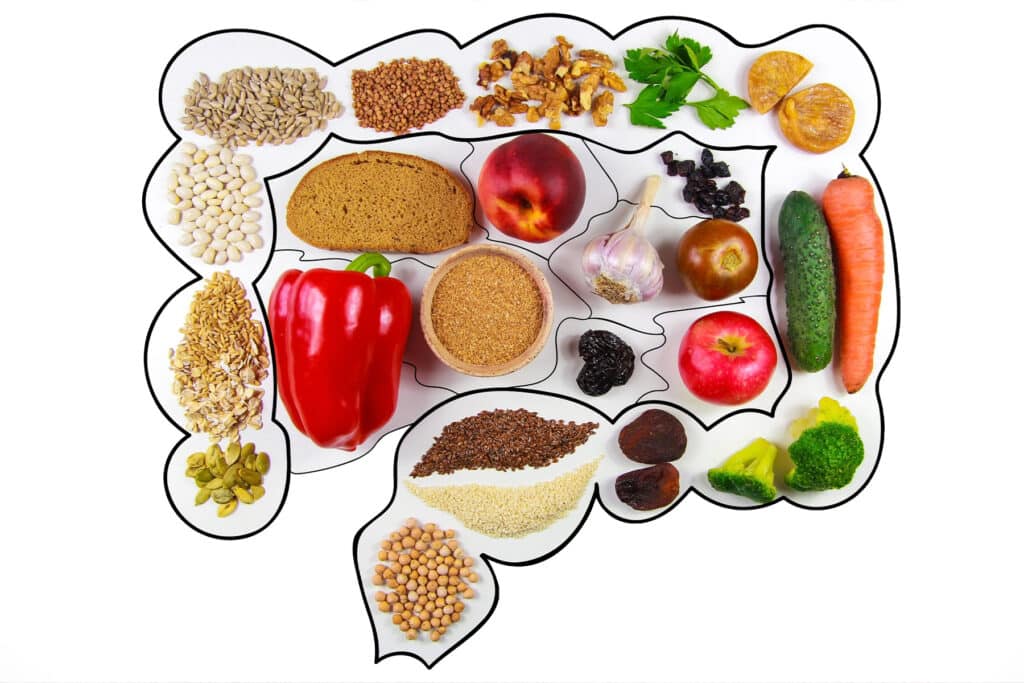GI Map
The average person has about 100 trillion species of micro-organisms living in their gastrointestinal system. While many of these bacteria are harmless, some can cause problems like infection, inflammation, and even cancer. Fortunately, there’s a new GI tracking technology to get a glimpse into the inner workings of your gut. Here at San Antonio Prime Wellness in San Antonio, TX, we offer GI-Map, a DNA stool analysis test to diagnose gut diseases and track patients’ responses to treatments.
What Is GI Map?
GI Map is a test that looks at the microbiome – the trillions of bacteria that live in our digestive system. These bacteria play an important role in our health, and disruptions to the microbiome have been linked to a variety of chronic diseases. The GI Map test uses a simple stool sample to identify which bacteria are present in the gut and assess the overall health of the microbiome.
This test can also be used to identify any imbalances or dysbiosis that may be present. By understanding the microbiome, we can develop targeted interventions to promote gut health and restore balance. The GI Map test is a powerful technology that is now helping us achieve this goal.

What Is the GI Tracking Process Like?
Preparation
In order to get the most accurate results, it is important to follow some simple guidelines when preparing for the test. First, eat as you normally would. There is no need to change your diet in the days leading up to the test.Second, avoid probiotics and other antimicrobial herbs that might alter the composition of your gut bacteria. Finally, avoid medications that could cause gastrointestinal upset, such as antacids or laxatives. If you take antibiotics regularly, be sure to stop at least 14 days before the test to allow your gut flora to recover.
Sample Collection
In order to collect a stool sample for this test, you will need to use a special kit that can be obtained from our medical center. You can either take the kit with you and collect the sample at home, or you can go to our lab and have the sample collected there. If you choose to collect the sample at home, be sure to label the kit with your name before you begin the sample collection process.When taking the stool sample, it is important to make sure that you do not contaminate it with urine. It is advisable to urinate before you begin collecting the sample. Once you have collected the sample, seal it in the provided container and send it to our medical facility as soon as possible. The results of the GI Mapping test will be sent to you within a few days.
What Can GI Map Test Assess?
The GI Map test is a comprehensive stool test that can assess a wide range of gastrointestinal pathogens, including bacteria, yeast, parasites, and viruses. The test can also evaluate the level of healthy gut bacteria, which is an important part of maintaining a healthy digestive system.In addition, the GI Map test can help to identify food sensitivities and intolerances. This information can be used to tailor a diet that helps to improve gut health and minimize gastrointestinal symptoms.
Who Is This Right For?
People with Intestinal Disorders
The GI Map test assists in uncovering the root cause of these and other autoimmune disorders. The test works by looking for markers of these disorders in the stool sample. If present, these markers can help to identify the underlying cause of the disorder so that appropriate treatment can be initiated.People with Autoimmune Related Disorders
Autoimmune disorders are a group of conditions where the body’s immune system mistakenly attacks healthy cells, tissues, and organs. This can lead to a wide range of symptoms depending on the specific disease.Arthritis is a common autoimmune disorder that causes inflammation and pain in the joints. Fibromyalgia is another autoimmune disorder that often leads to fatigue, pain, and stiffness in the muscles and joints. A GI Map test can help diagnose these and other autoimmune disorders.

Key Takeaway
Microbiomes in the gut system play many important roles including digesting food, synthesizing vitamins, and communicating with the brain. A GI Map can help us understand these complex relationships and how they impact our health. GI tracking identifies the different types of bacteria present in the gut, as well as their relative abundance. This information can be used to create customized diets and supplements, target specific areas for treatment, or even predict disease risk.
Contact us today at San Antonio Prime Wellness to learn more.